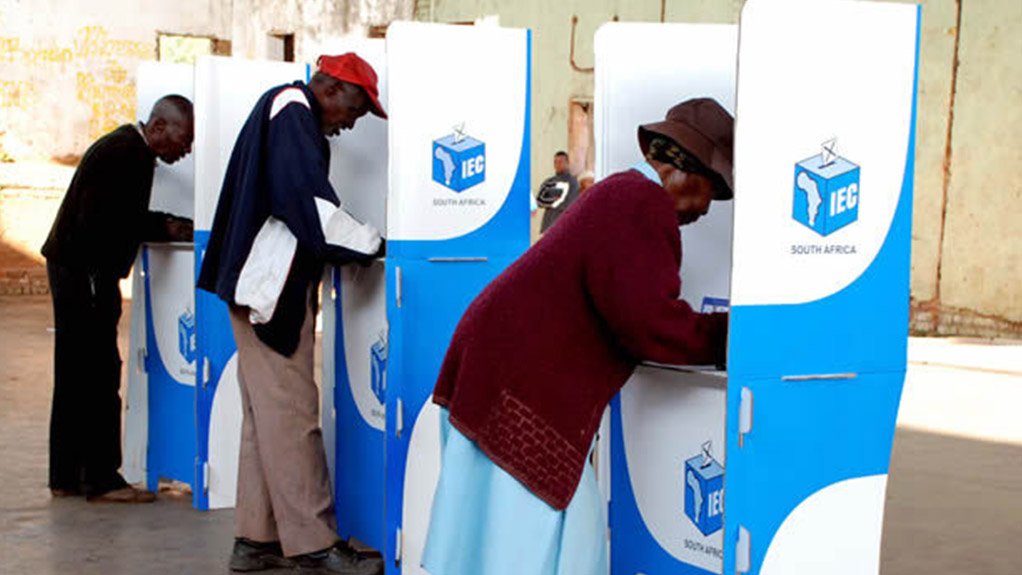The Democratic Alliance (DA) Abroad noted challenges during elections, vowing to take up the issues with the Independent Electoral Commission of South Africa (IEC).
South Africans abroad had the opportunity to cast their ballots on Friday and Saturday, while the South African mission in London, England, was the only voting station that remained open on Sunday to accommodate the more than 24 000 voters registered and approved to vote at that mission.
DA Abroad chairperson Ludre Stevens said his party knew that there were many challenges faced by voters abroad.
The party expressed disappointment that the IEC did not implement the court order on adding more voting stations abroad, saying it would ensure that more stations were implemented for the next elections and that voting stations were appropriate to the populations they served.
In February, the DA took the IEC and the Department of International Relations and Cooperation (Dirco) to the Electoral Court to request that embassies, high commissions and consulates be included as voting stations for the 29 May elections.
In April, the Electoral Court ruled in favour of the DA with regard to overseas-based voters.
“The DA Abroad has noted the many challenges raised by South Africans over the past few days and will ensure that these issues are taken up with the IEC. This includes logistical issues experienced at voting stations with high numbers of voters, including The Hague and Dubai,” said Stevens.
Stevens noted that a lack of voting stations in cities with large South African expat populations, meant that tens of thousands of eligible voters were excluded from the opportunity to vote.
“This is despite the DA winning a court case against the IEC for more voting stations overseas – including in places like Perth, whose large South African population could not make the 4-hour flight to vote at the Embassy in Canberra, Australia,” he said.
Similar situations were faced by voters in New Zealand, the US, Canada and Europe, he added.
He highlighted that miscommunication from the IEC regarding the required ID documents to vote resulted in many South Africans being turned away from voting stations.
He noted that this followed incorrect information sent in email communication by the IEC indicating that only a passport was required to vote, when in fact only an ID was accepted.
He explained that going forward the DA would be fighting for voters to be allowed to vote with either an ID or a passport as the party considered both to be valid forms of identification.
Meanwhile, the IEC was lauded for a smooth election abroad.
EMAIL THIS ARTICLE SAVE THIS ARTICLE ARTICLE ENQUIRY
To subscribe email subscriptions@creamermedia.co.za or click here
To advertise email advertising@creamermedia.co.za or click here











